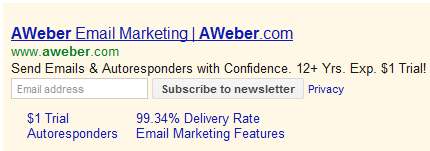I was wondering if and when it would happen. Google have a product called Google+, which they have high hopes for. Yet they chose a brand name that could not be searched for in Google!
Google can’t show themselves favoritism, so they now index a wide array of symbols:
I’ve recently noticed that Google started to show results for queries like [.], [,], [:], [;], [#], [%], [@], [^], [)], [~], [|], [“], [<], [$]. When you search for [%], Google shows the results for [percent sign] and that happens irrespective of the interface language, so it’s not a synonym generated by Google’s algorithms. [source]
It’s not perfect, because obviously some are used for advanced search features within Google – so a search for a phrase within quotes won’t only bring up pages where it appears in quotes…
And if you search for : you get anatomical results because it is searching for the name of the colon symbol rather than the symbol itself


